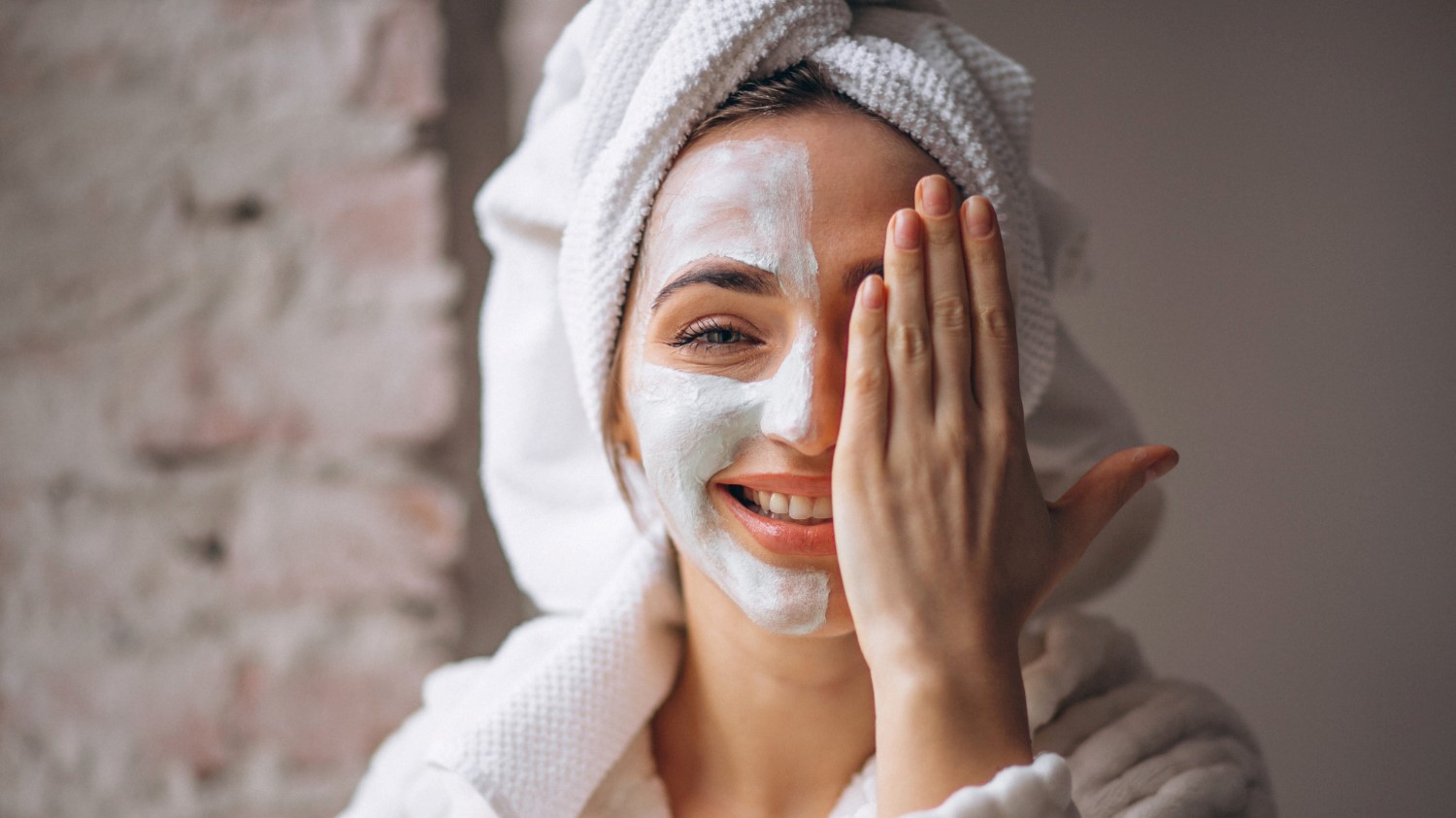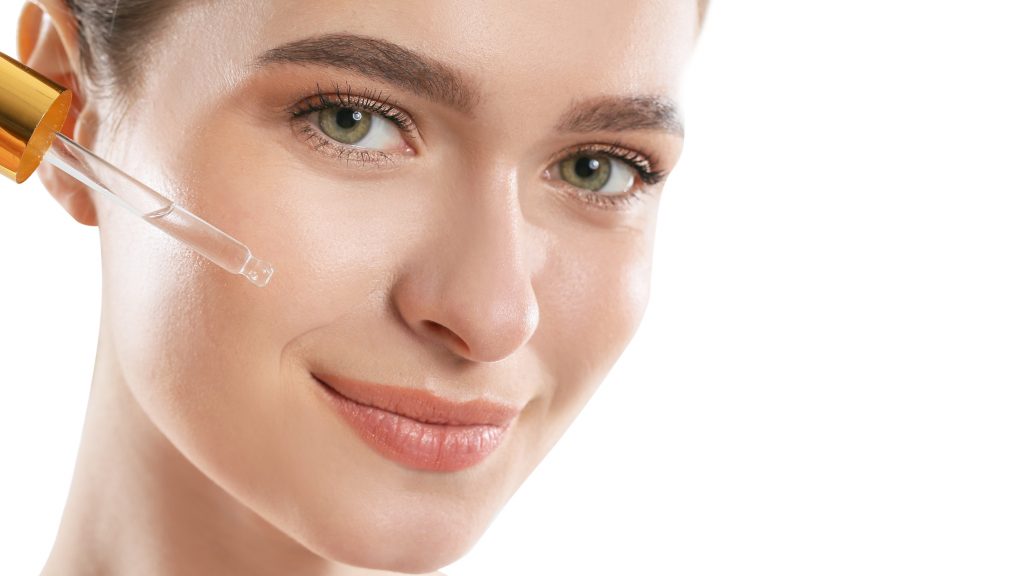Skin problems can plague us throughout our lives, from acne to wrinkles and everything in between. And while they can seem unavoidable at times, that’s not necessarily the case. Skincare is one of the most important aspects of keeping your skin healthy, and you only have so much control over external factors such as pollution, stress, and dry air. That being said, knowing what you should be doing to protect your skin from the elements is essential. With that in mind, we rounded up some expert tips on getting rid of eczema, dry skin, acne scars, and more – from various specialists with years of experience in their fields. Check out these skin care tips from dermatologists:
Identify your skin type:
Everyone has different skin, and what works for one person might not work for another. That’s why it’s so important to identify your skin type for a successful skincare program. Here’s how you can find out about your personal skin type.
Different variants of skin can be identified as follows:
- Normal skin: Clear, non-sensitive skin is the norm.
- Dry skin: There is a roughness and flakiness to the skin, and it may be irritating.
- Oily skin: Shiny and greasy is how the skin looks. It’s possible that it breaks out into acne easily.
- Sensitive skin: Itching, tingling, and blistering are all side effects of using certain products.
- Combination skin: The skin is dry on the cheeks but greasy on the forehead and nose. It’s possible that someone’s oily skin is limited to their T-zone (forehead, nose, and lower jaw).
Dermatologists recommend skin care tips:
Taking care of my skin ranks high on my to-do list. The below-listed skin care tips from dermatologists are time-tested advice I got from my skin experts. For all the necessary tips you need on anything from sun protection to techniques for applying skincare products, keep scrolling and continue reading.
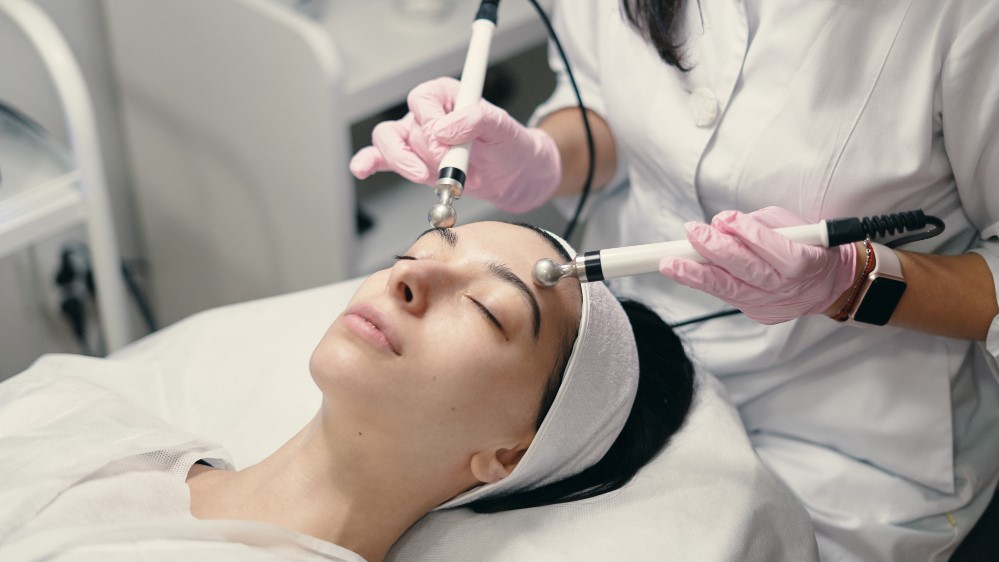
#1: Avoid the Sun and Wear Sunscreen:
When it comes to skin health, the best thing you can do is to avoid exposing yourself to the sun. UV rays can cause tanning, wrinkles, age spots, and even skin cancer. You should also wear sunscreen even while you’re indoors. Sunscreen application doesn’t just apply to those who live in or frequent places that experience intense sunlight. Sunscreen is especially important for people with eczema, rosacea, or other skin conditions that are exacerbated by the Sun. Even if you don’t tan, you could still be damaging your skin if you aren’t wearing sunscreen. The damaging effects of the Sun aren’t just limited to skin cancer, either.
If you’re going to be spending a significant amount of time in the sun, don’t skip reapplication. Make sure to apply it 30 minutes before you go outside and reapply it every two hours. If you cannot avoid the sun but want to protect your skin from wrinkles and skin damage, you should use an SPF 50+ sunscreen. For further safety, use a hat as well.
#2. Don’t pop your pimples:
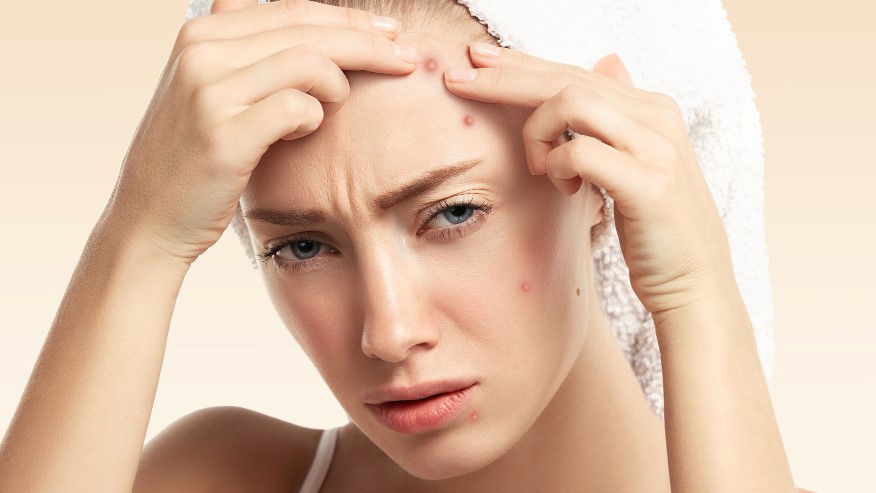
Like other blemishes and breakouts, acne is likely due to a combination of factors, including your diet, stress levels, and hormone levels. If you have a pimple on your face, you might automatically reach for a tissue and try to pop it, which can cause more damage to your skin. Picking your pimple isn’t going to cause it to go away any faster. It’s just going to make it bleed more and scar your skin.
Let your skin try to get rid of the blemish on its own by letting it heal first. You can use natural products like tea tree oil, benzoyl peroxide, or salicylic acid to help unclog your pore and prevent further breakouts, but avoid popping your pimples. You should gently clean the area with a cloth and then use an anti-acne cream that treats acne. You can also visit a dermatologist if you have severe acne.
#3. Stimulate Blood Flow:
You’ve probably heard this tip before, but the truth is that you need to stimulate blood flow to your skin. Without it, your skin’s ability to receive oxygen is severely reduced, and its ability to heal is negatively impacted. Your skin is constantly trying to renew itself, and that’s why you should stimulate your blood flow while you’re moisturizing your skin. Try massaging your face as you’re moisturizing, or you can use a facial masque that’s designed to stimulate blood flow. You can also use a gentle face massager as an anti-aging routine, which can help your skin to look youthful.
Experts recommend massaging your skin with heat (like warm water, a natural oil, or a steam facial) to stimulate blood flow. This isn’t just a great way to wake up your skin; it’s also a great way to get rid of any puffy or swollen skin as well as prevent stretch marks from forming. You can try to do this before bed or during your morning routine. If you have very dry skin, though, you might want to use a cream before you massage it with heat.
#4. Use Targeted Exfoliators
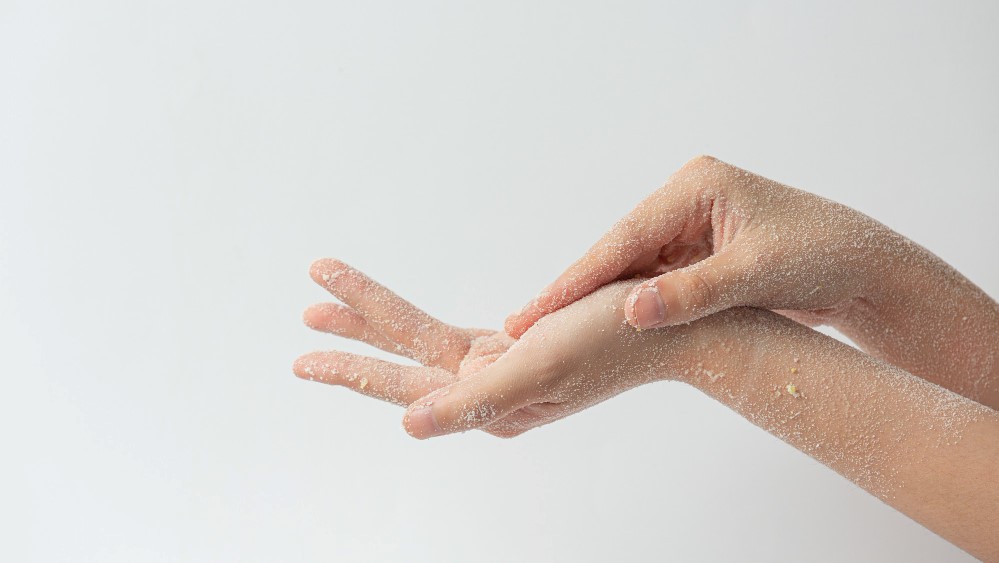
Exfoliating your skin is a great way to remove dead skin and clean out your pores, but you have to use the right exfoliating product for the job. Doing so too often or with the wrong product can lead to issues like acne, rashes, and eczema. That’s why it’s important to use targeted exfoliators on a consistent basis. Aside from helping clear your skin, they’re also a great way to prepare your skin for the next skincare product.
There are a lot of different facial cleansers on the market, and you should use a targeted exfoliator to remove any excess oil and impurities from your skin. You should use a targeted exfoliator once a week to keep your skin clean and clear. When it comes to targeted exfoliators, you can use a mild or strong exfoliating scrub, depending on your preference.
#5. Moisturize your skin
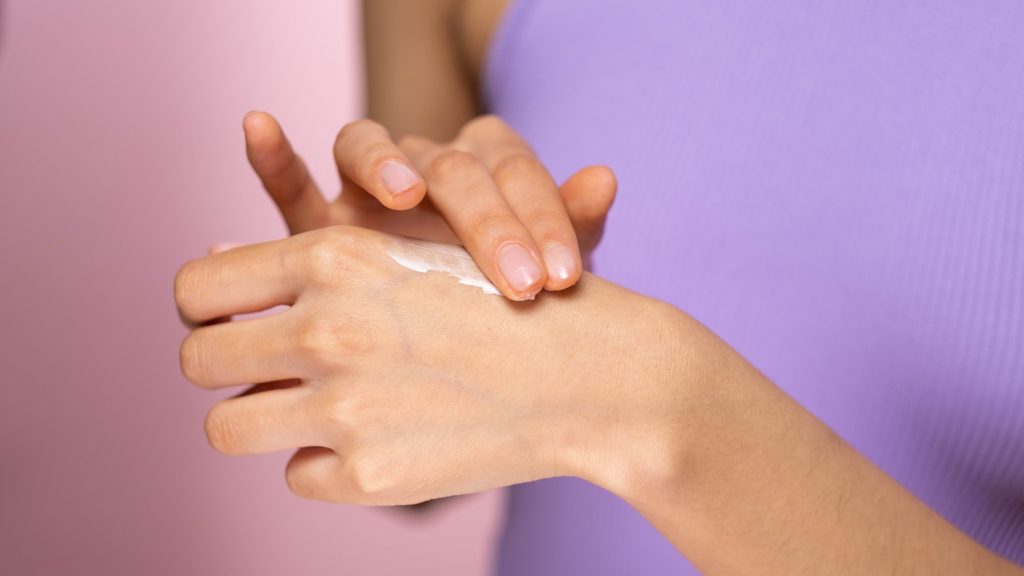
If your skin doesn’t receive enough of the right nutrients, it can get dry and then become more prone to damage. So keep your skin hydrated by applying moisturizers. It doesn’t matter how young or old you are; your skin has the potential to get thinner as you age due to the loss of collagen and elastin, so you need to moisturize even if you’re young. It may seem obvious, but moisturizing your skin is one of the simplest ways to keep it hydrated, prevent dryness, and minimize damage from the elements.
When you moisturize, you’re allowing your skin to drink up more moisture from the air, making it less likely to damage itself. And while it’s recommended that everyone moisturize twice a day, you don’t have to do it at the same time. There’s never a bad time to moisturize, but what you do is more important. Morning is better because your skin is still exfoliated from the previous day, so the more hydration you can provide, the better.
#6. Stay Away from Makeup Products with Fragrance
We love to smell good but when it comes to makeup products, it is better to stay away from products with fragrance. A lot of makeup and body products available in the market are full of fragrances and most of these products will be harmful to your skin. Especially if you are having dry or sensitive skin, you should stop using products with fragrances because fragrances can be harmful as they draw moisture out of your skin, making it dry, irritating, and prone to allergies.
#7. Remove Your Makeup Before Bedtime:
You might think that you don’t need to remove your makeup every time you clean your face, but this is actually essential. Excess makeup can clog your pores, cause inflammation, and cause acne, so you should remove any makeup before you cleanse your face. It’s also important to note that makeup can cause the skin underneath it to look duller. You can use a makeup remover or go for micellar water designed for this purpose.
This might seem like common sense, but experts recommend ridding your face of makeup before going to bed. This isn’t just for those who have blemishes, rosacea, or sensitive skin types; it’s also a good way to get rid of any excess oil on your face that can block your pores and cause more damage.
#8. Wash your Skin with Care
Dry, excessively washed skin exposes wrinkles and looks more aged than moisturised and hydrated skin. Additionally, the skin loses its natural ability to retain its own natural moisture, as we get older. Stick to something gentle, moisturizing, soothing, and hydrating to your skin.
#9. Use a Non-Foaming Cleanser
High-foaming cleansers can strip the skin, leaving it dry, flaky, tight, and more prone to breakouts. Using foaming cleansers can cause wrinkles and make your skin even more sensitive. The effective skin care tip from dermatologists to avoid this is to apply a pre-cleanser before you cleanse your face to help deep clean your skin without depriving your skin’s natural oil.
#10. Treat your Neck too
One of the main skin care tips from dermatologists is to treat your neck like you treat your face. Excessive exposure to sunlight/UV lights repeated squishing of the neck, etc can cause premature folds and wrinkles on your neck. So, whenever you apply some kind of skin protection product or treatment to your face, do it on your neck as well. Don’t forget to apply sunscreen on your neck and other body parts exposed to sunlight. In addition to sunscreen, apply your serums and moisturisers in an upward motion.
Know which serum suits you best: Niacinamide vs. Hyaluronic acid
#11. Stop smoking:
Smoking can cause premature wrinkles and damage your skin, so quitting is important. Not only that, but it can also cause blood circulation issues, which can lead to eczema and skin dullness. So, if you want to protect your skin from these problems, you should quit smoking as soon as possible.
Doctors always advise that people quit smoking before they start to age. There’s no point in waiting. This might seem obvious, but you’d be surprised by the number of people who still smoke. Experts say that smoking, even in low quantities (1-2 packs a week), can cause several types of skin issues, including premature wrinkles and increased wrinkles. You might also notice how much less stressed you look once you quit smoking compared to how you looked before.
#12. Start Getting Skincare Treatments
Do you really think it’s time to start caring for your skin? Then, I always recommend you have a skincare consultation with your dermatologist once a month. Your DIY tips cannot replace professional cosmetic skincare treatment, exfoliation, care, and attention. The best skin care tips from your dermatologist can even help you maintain healthy and glowing skin.
#13. Take vitamin and antioxidant supplements
There are a lot of skincare products that promise to improve your skin, but most of them are scams. However, there are certain vitamins and antioxidants that you can take to protect your skin from the sun and pollution. Antioxidants are good for your skin, as they help to ward off free radicals and prevent them from causing damage. Vitamin C is an excellent example of this, as it can be found in many citrus fruits, as well as in ascorbic acid, which is derived from raw produce and is also found in many skincare products. You can take probiotics or vitamin C supplements to protect your skin from the elements. It’s also important to take a multivitamin, as these are designed to protect your skin and keep you hydrated, so you can’t go wrong with this advice. Make sure that you’re getting the recommended amount of vitamins, minerals, and antioxidants into your daily diet.
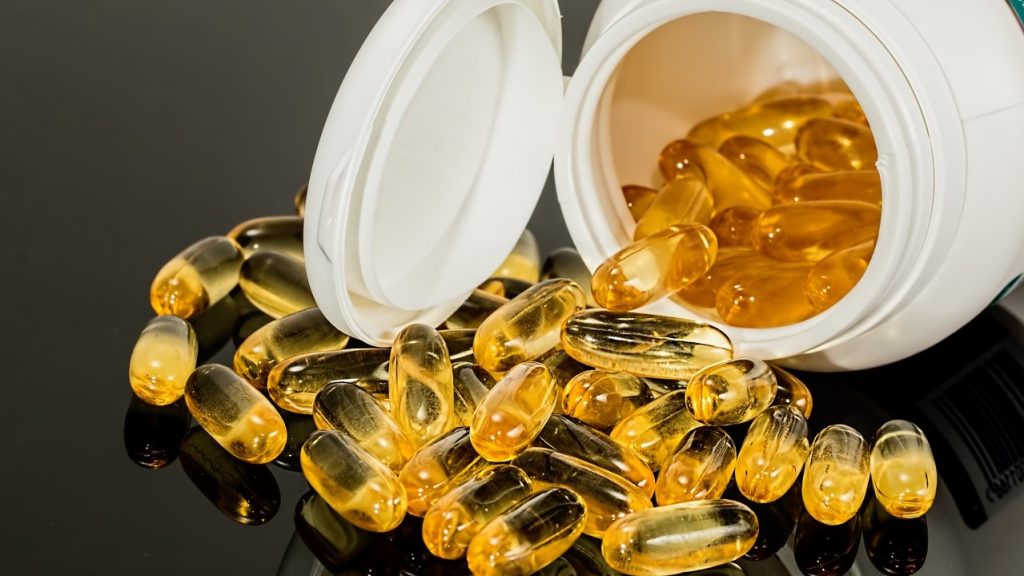
Skin care experts say that taking these supplements can help you get the most out of your skin by boosting its moisture levels. Certain vitamins, such as vitamin C, are excellent at fighting free radicals that cause cells to die off, leaving behind wrinkles and other signs of premature ageing. But, add supplements to your diet, only with the prescription of your doctor.
Want to know the right age to use Vitamin C serum?
#14. Eat Well:
When it comes to your skin, you need to eat a healthy diet with lots of fruits and vegetables. This is because you’ll be more likely to take in vitamins and minerals that your body needs to stay hydrated and protect your skin from the elements. You should also avoid fried foods, too much sugar, and alcohol, as these can damage your skin. You can also try incorporating a protein supplement into your diet to help with your skincare goals, as they’re commonly used to improve signs of ageing like wrinkles, hyperpigmentation, and dullness.
#15. Sleep Right
Next to excessive UV exposure and sunlight, the wrong sleep position is a factor that causes wrinkles on your skin. Squishing your face in a pillow for a long time during your sleep can actually add wrinkles to your face. Place your head in such a way that the lower half of your face never touches the pillow. When sleeping with your face buried in a pillow, would accentuate wrinkles that come with age. These noticeable lines that run from the nostril to the mouth’s corner on both sides of the face are highlighted whenever you smile. They are also known as the “parentheses” or “marionette” lines.
Winding Up:
When it comes to skincare, you have to take a multi-layered approach. Paying attention to your skin type is essential while also taking time to evaluate your skin’s needs. You should also try to make your skin look its best by using the right products and the correct application techniques. Your dermatologists can guide you with some effective skin care tips. Since skincare isn’t something that most people tend to give much thought to, let alone put any effort into, it can be easy to forget about it. However, making regular skincare routine changes can have a big impact on your skin health and the way it looks. It’s important that you match the products you use to your individual skin type so your skin will get the most out of them.
